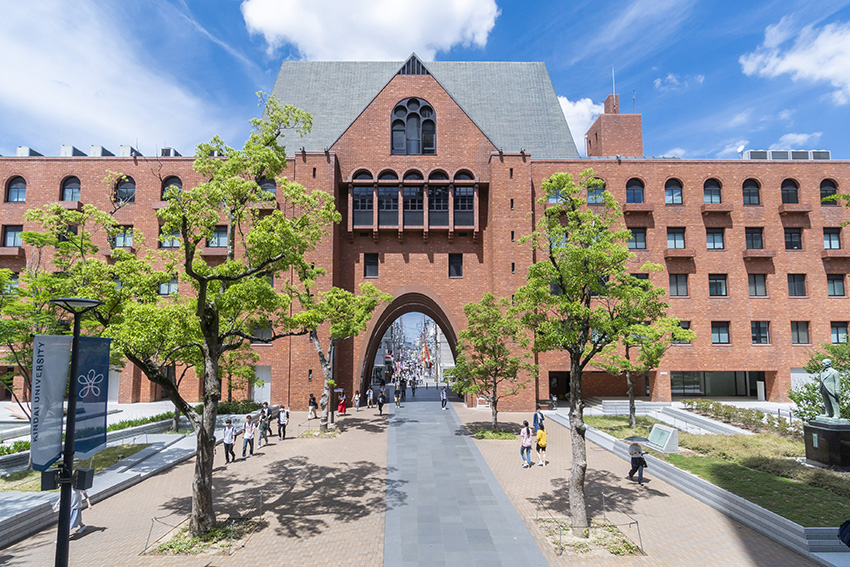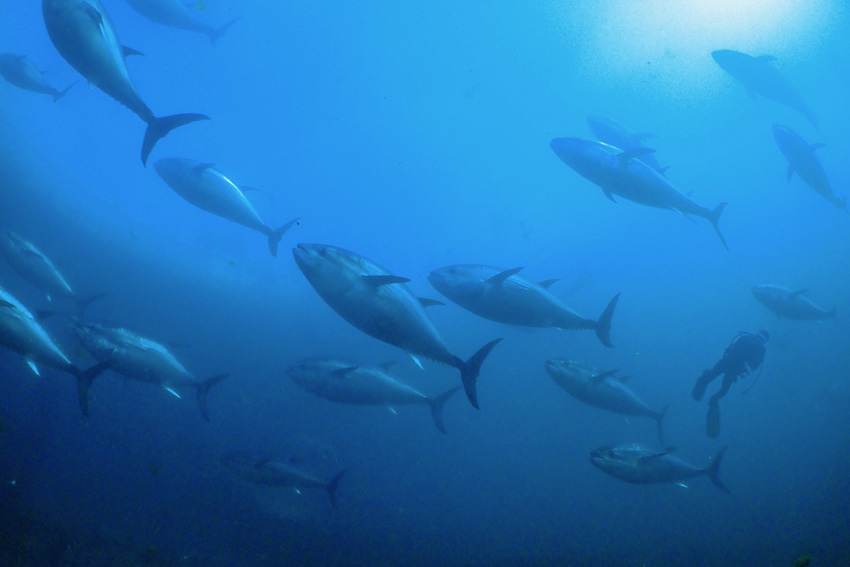With an expanding research profile that spans from medicine to art, Kindai University is solidifying its domestic reputation while also attracting students globally.

Established in 1925 as Osaka Technical College, Kindai University has grown into one of the largest universities in Japan, serving over 35,000 undergraduate students across 15 faculties, offering 11 graduate schools in diverse academic fields, including the Transdisciplinary Graduate School of Social Innovation and Entrepreneurship, which was established in 2023.
Foremost among these are the world-leading Aquaculture Research Institute and Aquaculture Technology and Production Center, which are currently seeking innovative ways to ensure that the fishing industry can maintain a stable supply in the face of the continued depletion of marine resources.
“At Kindai University,” President Itaru Matsumura states, “Kindai University’s founding Kindai University’s Research Record Kindai University Key Facts 1 NO.1 In Japan for Number of Applicants - for 11 years Running 2 6 Campuses and 18 Research Centers across Japan 3 $1 million US in Research Grants Awarded 4 338 Research Projects with Private Sector - #1 in Japan 5 97.3% of Students Employed after Graduation 7 6 250+ Partner Institutions in 50 countries 17 Olympic Medals Awarded Kindai University main campus, Osaka principles are ‘learning for the real world’ and ‘nurturing intellectual and emotional intelligence’, we are trying to cultivate students who are not only knowledgeable but able to play a strong role in their community.”
Notable successes in the fishing industry include the completely farm-raised bluefin tuna and the development of various new fish species through crossbreeding. Increasingly, however, Kindai is also becoming known for its medical achievements, with the university’s Faculty of Medicine set to move to a brand new facility in 2025. President Matsu mura takes up the thread: “In a global ranking by Clarivate Analytics (Highly Cited Papers 2013~2023), Kindai ranked first in the category of clinical medicine among all private universi ties in Japan.”

Kindai Tuna: farm raised bluefin
Additionally, two professors from Kindai have been select ed as highly cited researchers (HCRs). “There are about 6,800 HCRs worldwide,” President Matsumura notes, “And ours are the only researchers from Japan’s university medical departments and hospitals to be selected in the category of clinical medicine.”
Kincuba Basecamp, a business incubation facility, was established in 2022. Its program has supported the launch of 54 new companies, offering standard tailored support and an entrepreneur support program which features business development support for three months with initial capital of 300,000 yen provided if the project is approved.
The university is also focused on attracting more international students. Besides offering courses in English, Kindai provides programs in traditional Japanese martial arts, including Sumo, Karate and Kyudo. To facilitate communication with domestic students, Kindai offers language learning opportunities through The Village E3 [e-cube], an English immersion facility, and the CNN Cafe and Language Hub, where students can learn eight different languages. Another step Kindai has taken for full-time international students is providing job placement assistance and counseling.
These initiatives are crucial for the Japanese government’s goal to increase the proportion of foreign graduates hired by Japanese companies, addressing the country’s growing domestic labor shortages.
Equally important here, as President Matsumura acknowledges, is the university’s ability to increase its profile. “In the years to come,” he states, “I would like to do more to let the world know about Kindai University, to achieve a level of education and research that de serves global recognition.”
0 COMMENTS